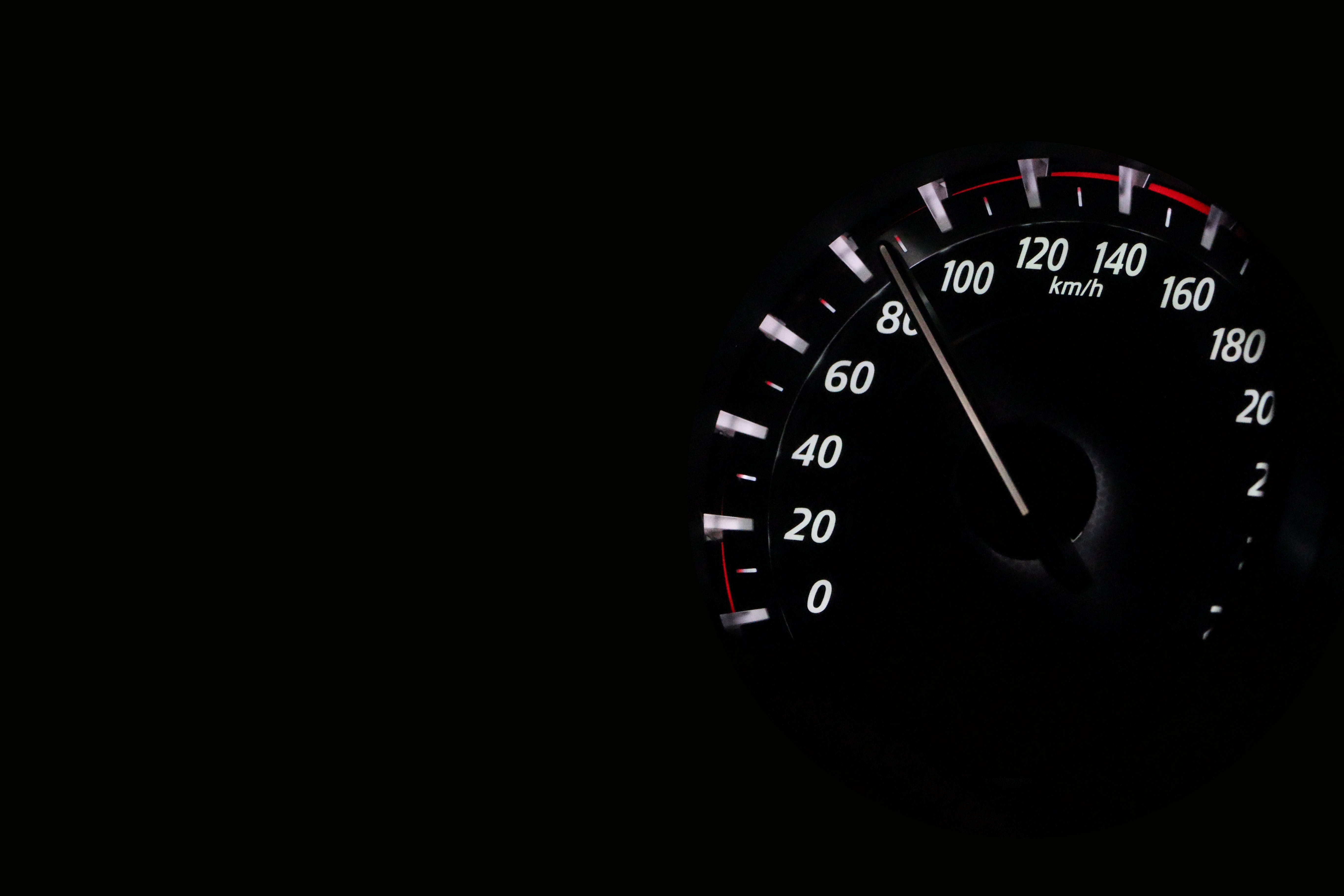
Speeding ticket Ontario? Most drivers have gone or will eventually go over the speed limit. Though the penalties for a conviction will vary depending on the driver’s speed, it will affect your driving record, your insurance rates and can lead to other severe consequences. If you receive a traffic ticket ticket in Ontario, you must respond to it within 15 days to request a meeting with a prosecutor, schedule a trial date, or pay the fine. This is important to remember as missing the deadline could result in you being convicted without having a chance to fight the allegations.
How much is a speeding or racing ticket in Ontario?
If you are caught speeding or racing in Ontario, the fines you will have to pay will vary from $110 to $10,000 based on how much you were exceeding the speed limit. If you were driving up to 49 km/hr over the limit, you may be charged under section 128 of the Highway Traffic Act for speeding. However, if you were driving 50 km/hr or more over the limit, you will be charged with section 172 Stunt Driving. This will result in your car being impounded at the roadside and will come with additional penalties such as license suspensions, higher demerit points, and significantly increased insurance rates.
In this blog post, you’ll find out everything you need to know about speeding tickets, how they impact your insurance and how you can fight these tickets.
Speeding Ticket Ontario Penalties and Suspensions
The permitted speed in an area depends on the municipality and surroundings, such as school areas, construction zones or community safety zones.
Here is how the speeding penalties are structured in Ontario:
- 0 to 15km/h over the speed limit – Minor infraction with zero points
- 16 to 29km/h over the speed limit – Minor infraction with 3 points
- 30 to 49km/h over the speed limit – Minor infraction with 4 points
- 50km/h or more – immediate 7-day suspension, car impoundment and if convicted, licence suspension for up to two years, up to 10,000 in fines, 6 points, possibility of jail time.
Speeding Ticket Ontario: Find Out More
How can a speeding ticket Ontario affect your insurance rate?
When you receive a ticket, it doesn’t immediately impact your insurance policy, because it doesn’t go on your driving record straight away. The Ontario Ministry of Transportation waits for your response to see whether you’ll contest it or not.
Usually for insurance, convictions will remain on the record for three years from the date of conviction. Depending on the convictions you already have, even if you get only a minor infraction, you could face hefty consequences. Apart from the potential insurance rates’ increase and licence suspension, you could have a difficult time renewing your licence during that three year period. If the driver receives any other conviction within that three year period, the effect will be compounded and the insurance rates will increase dramatically which could render you uninsurable. It’s important to note that all insurance companies treat cases differently and are subject to their own laws and policies. This blog is for informational purposes only and does not provide legal advice on insurance matters.

Speeding tickets for Learner Licences and Novice Drivers
Speeding tickets for learners and novice drivers in Ontario carry additional penalties and consequences. For drivers with a G1 or G2 licence (learner’s licence), any conviction for speeding will result in an immediate 30-day licence suspension. This means that if you receive a speeding ticket during the first two years of having your learner’s licence, your licence will be suspended for 30 days.
For novice drivers, defined as those who have held a G2 or M2 licence for less than two years, the penalties are even stricter. A conviction for speeding will result in a minimum of 30 days licence suspension, tickets for Learner Licences and Novice Drivers.
What happens if I just pay my ticket?
If you pay your ticket, that’s your admission of guilt. Then, the demerit points and infraction go on your record. When it’s time to renew your insurance, they will review your driving record and raise the rate according to the “risk” you represent. If they identify you as a high-risk driver, the insurance rates can be even greater due to the insurance implications or you could be rendered uninsurable. This can result in a significant increase in your insurance premiums, potentially costing you hundreds of dollars over the years and could result in your loosing or being unable to gain employment. Our team at Ticket Defenders Law Firm has received numerous positive Google Reviews from satisfied clients, showcasing our dedication to helping individuals navigate traffic tickets and criminal charges. Careless driving can also result in demerit points and potential license suspension, making it important to fight any traffic ticket to avoid these consequences.
On the other hand, if you decide to fight the ticket, you could have the charges dropped, so there would be no changes on your insurance. Or the current charges could be reduced, which would also lessen the impact on your policy rates.
How many demerit points will I receive for a speeding or stunt ticket in Ontario?
The number of demerit points for a speeding ticket Ontario depends on the degree of speed. 16-29 km/h over the limit results in three demerit points, 30-49 km/h over the limit results in four demerit points, 50 + km/h over results in 6 demerits.
What’s a High-Risk Driver?
Being labeled as a high-risk driver due to the accumulation or severity of infractions can have significant financial consequences. Insurance companies may charge much higher rates compared to other drivers or even refuse coverage altogether. It is essential to maintain a clean driving record by fighting every ticket to avoid being labeled as a high-risk driver.
Should you hire a qualified Paralegal to fight a speeding ticket Ontario?
Your best chance at winning a speeding ticket Ontario in traffic court is by, either knowing the legislation in-depth or having a trained and qualified paralegal by your side. An licenced paralegal, such as a former police officer or prosecutor turned paralegal, can help you determine the ideal procedure to fight your speeding ticket. In many cases, speeding tickets Ontario can be won on technicalities, making the professional assistance invaluable.
Challenging a speeding ticket Ontario provides an opportunity to maintain a clean driving record, keep your insurance rates unchanged, and save a significant amount of money and frustration both in the short and long term.
If you got a speeding ticket Ontario under the Provincial Offences Act and aren’t sure whether you should fight it or not, talk to our traffic agents. They will give you a free consultation and help you understand your options.


